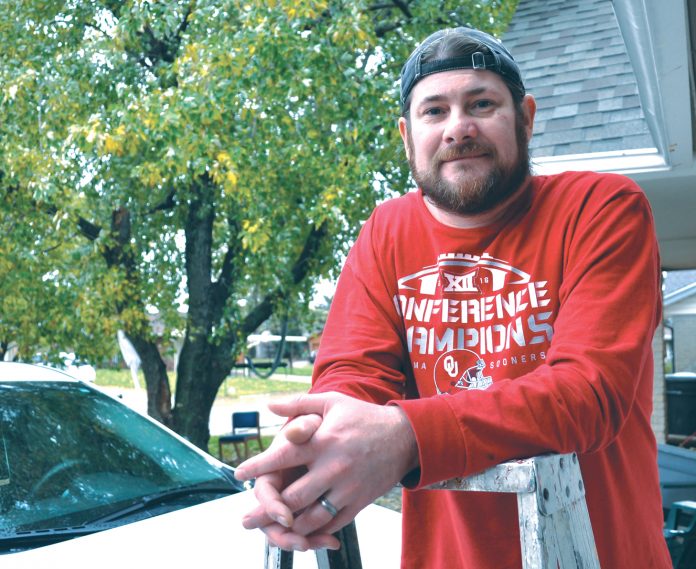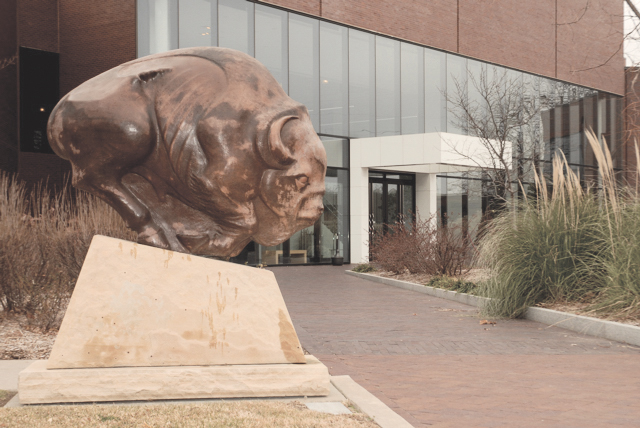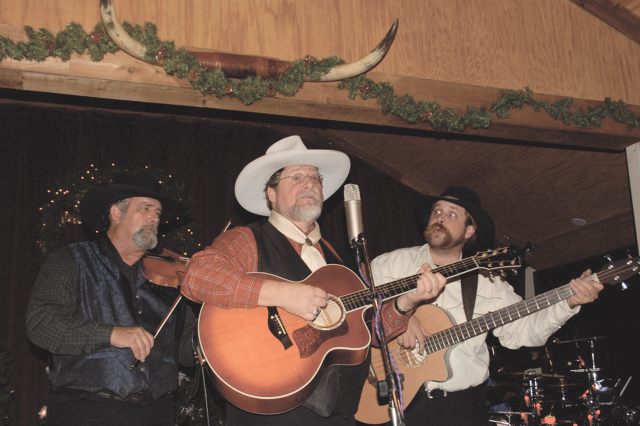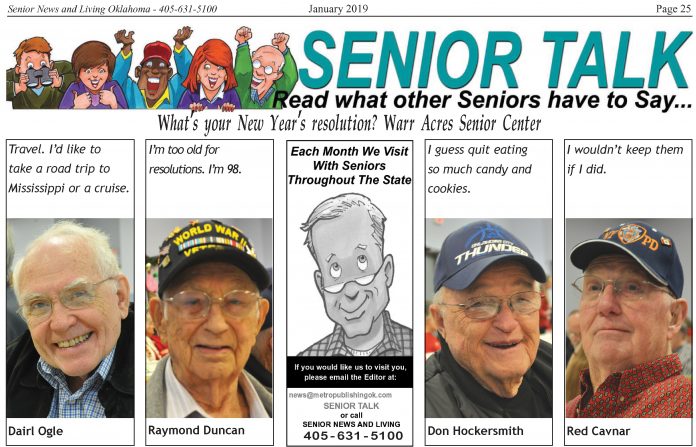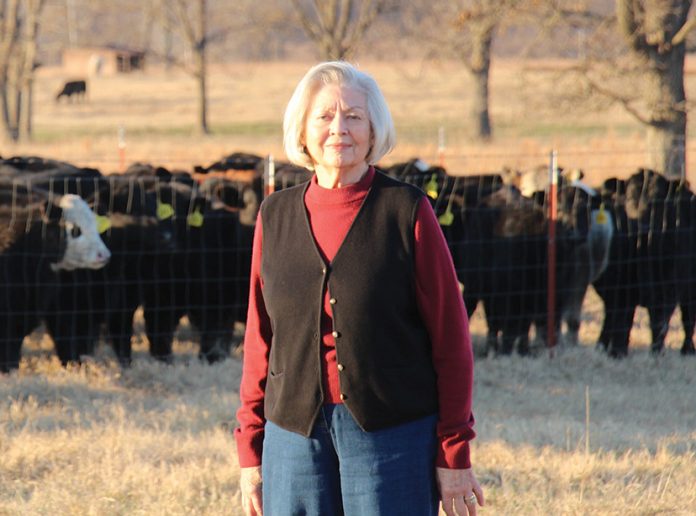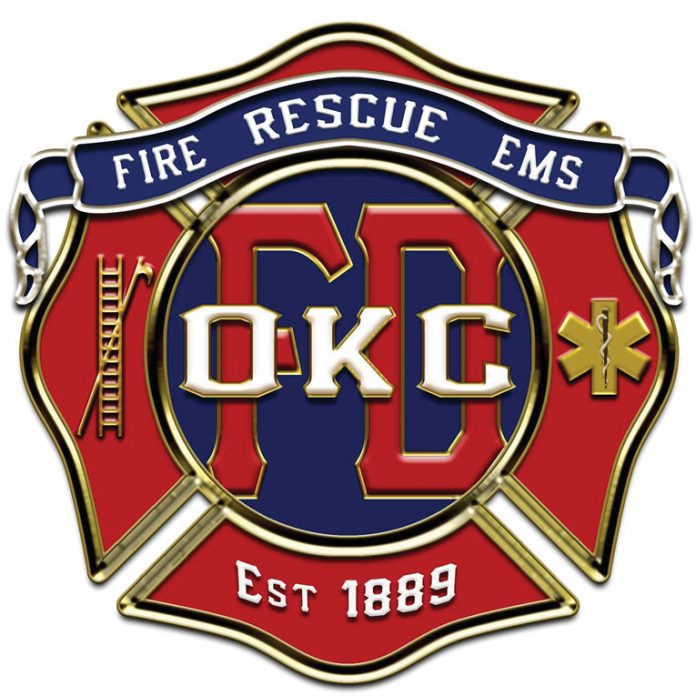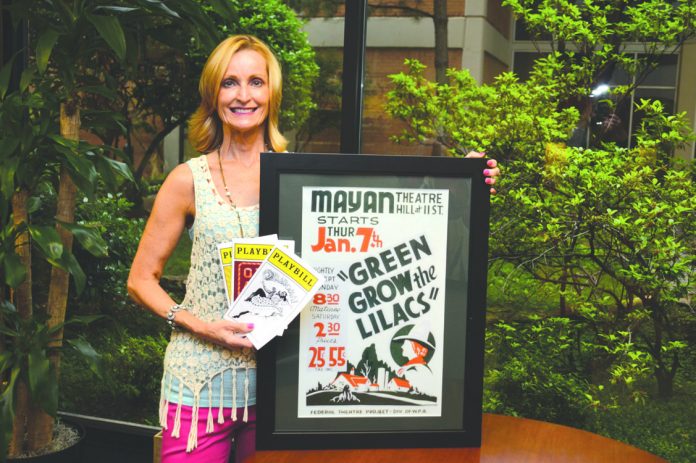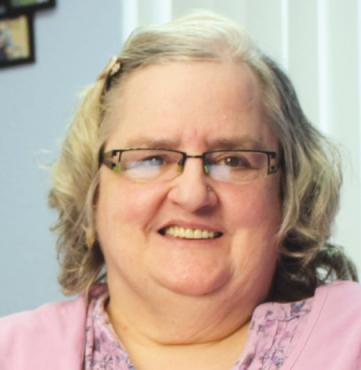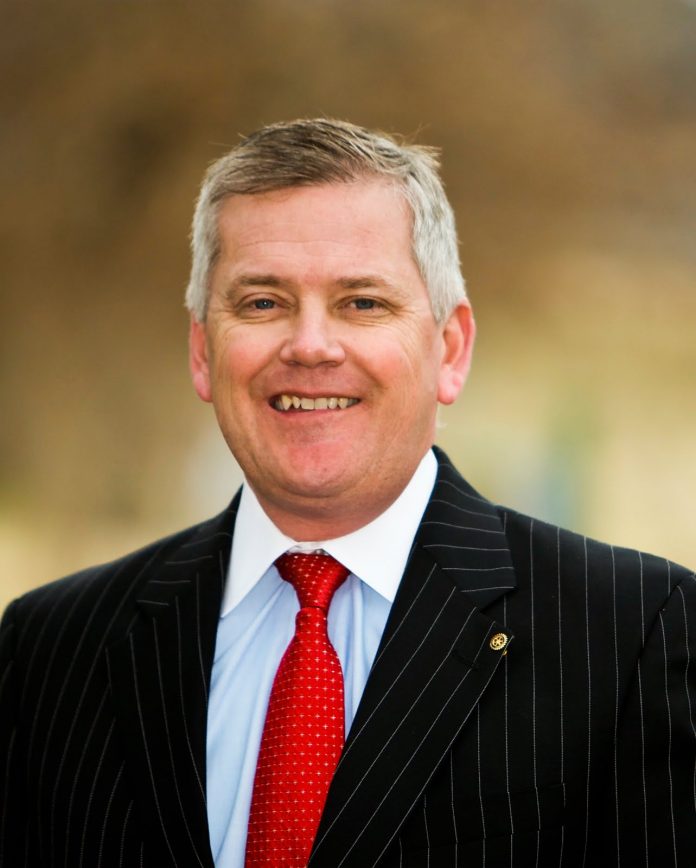By Bobby Anderson, staff writer
Growing up on the family farm, Brandon Steffens, RN, never saw a contractor’s truck pull up in the driveway.
No plumber, no electrician, no drywall guy and no painter ever set foot inside the house.
“I just grew up always working on the house with my dad. We never hired anything out,” Steffens said. “We did all the electrical, all the plumbing – whatever it was we did it ourselves.”
That work ethic carried the eventual float pool nurse through a seven-year stint with Home Depot and now to his current side business, Brandon’s Home Improvement.
Before he was working in the ICU and the ER, Steffens was plying the knowledge bestowed on him by his dad.
Elbow grease and a passion to make things better would make his dad proud.
Then nursing school and working with his hands took on a new meaning.
“People come to you in nursing in their worst states and it’s an emergency,” Steffens said, taking a break from an apartment remodel in Midwest City. “They’re dilapidated, sick or injured and we get the opportunity to put our hands on them and fix them and make things new again.”
Working nights four to five days a week for the past five years brought Steffens to a crossroads.
“Everyone told me to watch out, you’ll get burned out,” Steffens recalled. “I said ‘No, I wouldn’t’ but you get burned out.”
So Steffens decided to pour more of his time and talents into something else.
Being a contractor was a vocation he held before nursing. That took him into Home Depot, where he oversaw the entire local install business for the big box company.
Whether it be a sink or a door, a microwave or a dishwasher, Steffens was in charge of the contractors who carried out the work under Home Depot’s name.
It taught him even more about the business.
“I realized there is a huge need out there for people who just don’t know how to do home improvements or they didn’t have the time,” he said.
Or too often, they didn’t have a ton of money.
Home improvements are expensive. Steffens knows all too well the retail costs associated with a remodel.
And he knows the sizeable markup that goes with it.
Figuring things out and finding ways to save people a dollar are a challenge for him. Sometimes he challenges himself right out of a bigger check.
He showed up for a recent garage door opener install job one night. The customer had the new opener waiting for him in the box.
Steffens went up to unplug the old wire and noticed an electrical short.
“I saved him $400,” Steffens said. “I like that sense of accomplishment.”
For some reason Steffens’ specialty has always been tile. Projects that most contractors avoid like the plague, Steffens has a certain affinity.
“Most contractors shy away from it because it’s hard, lot of up and down and on your knees. That never bothered me,” he said. “I like the perfection of it, just to lay each piece of tile in a certain way. It’s kind of like art because you can do different things with tile that really finishes a house off.”
For Steffens, the business venture has been a source of freedom. It’s not a straight 12-hour gig, meeting sometimes unreasonable expectations with limited resources.
“I like the sense of accomplishment,” Steffens said. “In nursing, I talk to people all day long and doing home improvement I get a lot of alone time. I get to just lose myself in work for some time and get to be creative.”
“You go in and see something nasty and absolutely turn it around and make it new,” says Steffens, who has remodeled two of his own homes. “I like to touch every surface. I like when people come in to a house I’ve remodeled and every surface in that house has been touched by me.”
He admits he really hasn’t advertised since taking on more work.
He hasn’t had time.
“You do a good job and people tell people,” explained Steffens, who can be found on Facebook under Brandon’s Home Improvement. “People are always asking if you know anybody. It just snowballs from there.”
With four kids, age five, 10, 15 and 22 – Steffens has a full plate at home. But he’s already taken a couple of his kids along to start learning the trade.
“My 10-year-old has shown interest,” Steffens beamed. “He helped with carpentry on a door frame. He had all these wonderful better ideas how to fix it. There’s no science behind it.”
But there’s definitely an art.
And for now, the combination of science and art suits this nurse just fine.


